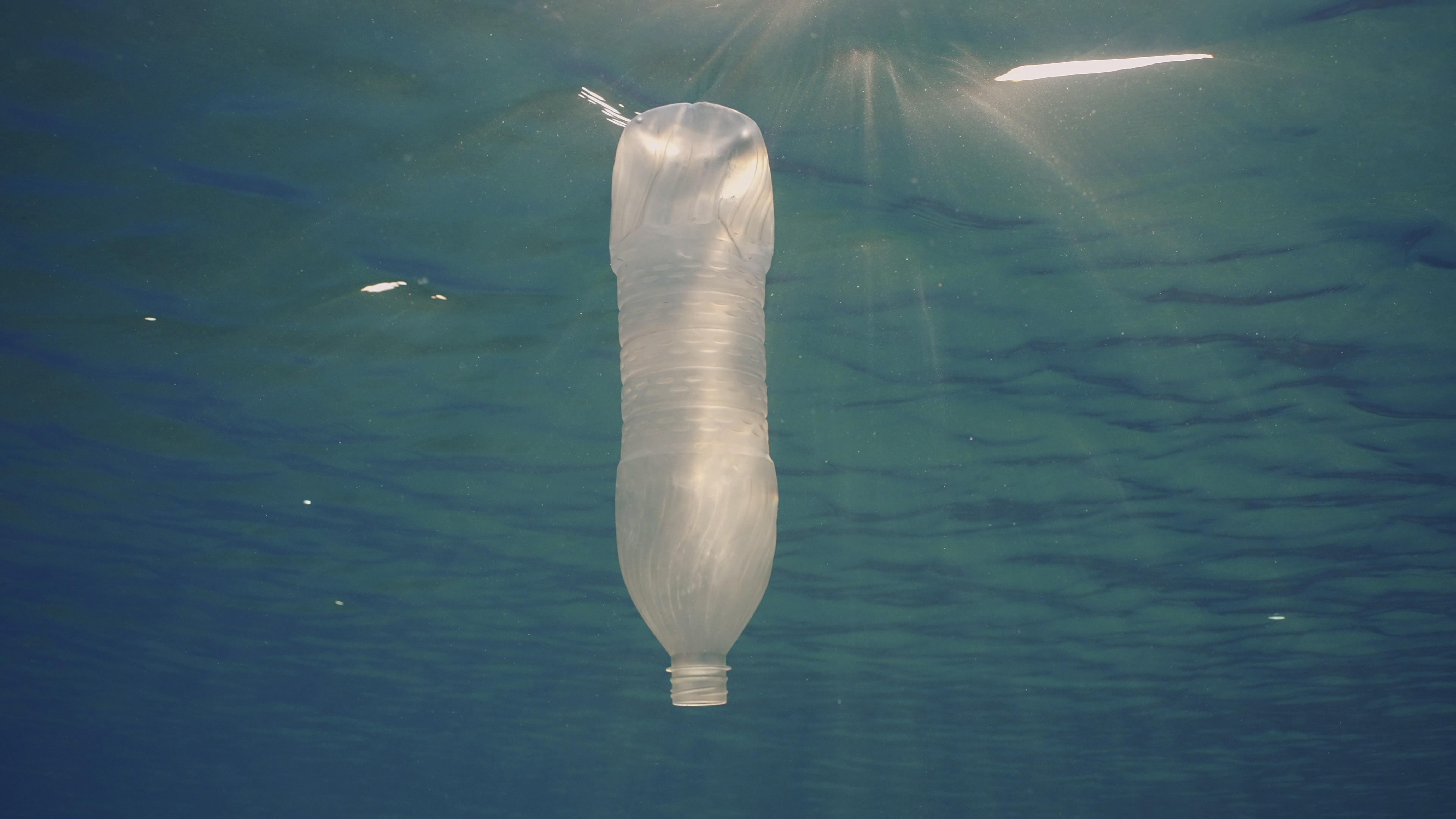Despite falling levels, plastics continue to plague North Sea

Thanks to the fight against plastic and increased awareness, litter on North Sea beaches has decreased significantly in a decade. In the sea, however, plastics remain a persistent problem.
While an average of 388 pieces of litter were found per 100 m in 2001-2010, the figure for 2011-2020 is around 282. According to the North Sea Foundation, which has been monitoring litter on beaches for 20 years, there is growing awareness of litter, which means increasing support for tackling it.
Local, national and international policies on litter have also become much more effective. Consider the ban on plastic bags in supermarkets, although deposits on bottles and cans could also help. This measure has been on the table several times in Belgium, but so far without success.
Fishing for litter
In addition to governments, businesses and civil society organisations are paying more attention to waste. Efforts are being made to produce less waste, while the Fishing for Litter project - launched in 2004 in Belgium, the Netherlands, the UK and elsewhere - catches tonnes of litter and brings it ashore.
However, according to the first systematic monitoring study in the Belgian North Sea - the Marine Plastics research project - the coast remains a significant source of marine pollution. A first study shows that more than three-quarters of the plastic in the sea is macroplastics or large pieces of plastic. Microplastics of >50 µm (a 20th of a mm) are also much more common along the coast and in seaports.
Varying concentrations
The Marine Plastics research project also highlights some significant differences. Concentrations of microplastics in the seabed and seawater are sometimes quite high, although they vary. For example, the concentration of microplastics in coastal sediments is about nine times higher than further offshore. In seawater, the difference is even more spectacular: water from the port of Zeebrugge and near the coast contained 48 and 10 times more microplastics respectively than further offshore.
While there is an association between plastic pollution and fishing, there is no clear causal link with the intensity of fishing. There is also no direct link to sand mining or offshore wind farms.
As the world's population grows and coastal economic activity increases, the North Sea has become one of the busiest fishing and shipping areas in the world. This summer Belga explores the sea through transport, wind energy, water quality, biodiversity and archaeology. |
#FlandersNewsService | © IMAGOBROKER